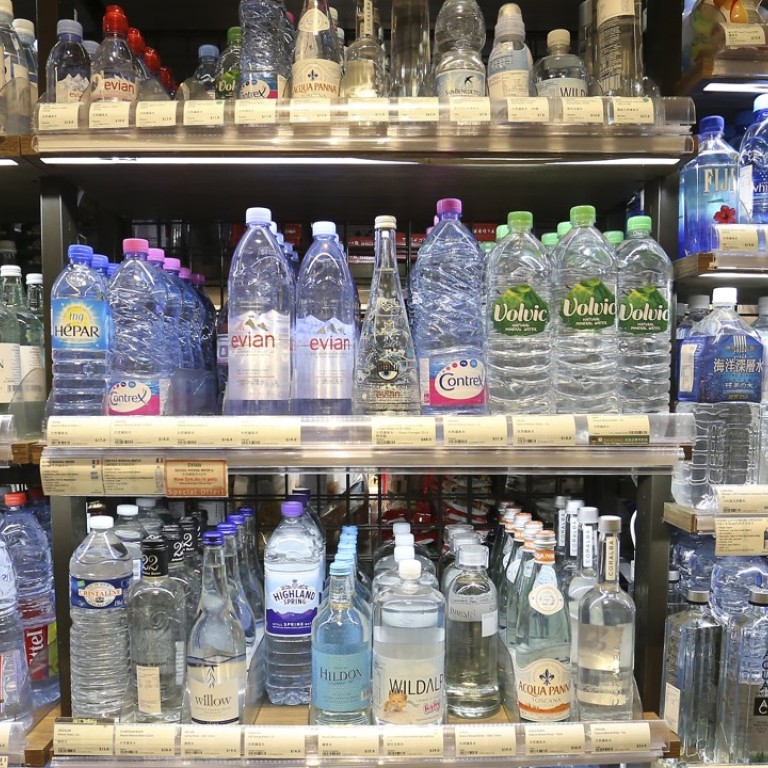
Environment department has failed to educate public on waste issues in Hong Kong
Where have these guidelines been published? I have seen no posters, nor have I received any government bulk mail leaflet. And no, I don’t watch television. Who does these days?
In fact,the EPD has failed completely to educate and inform the public about waste matters. No policy can be effective in this field if there is no connection, understanding and involvement of the public.
An episode of the televesion drama set in the 1960s, Mad Men, has a family happily dumping its picnic rubbish in a park. That short scene is included as an ironic look at how opinions have changed – and they have changed enormously in North America, Europe and other parts of Asia, for example, Japan. Whereas previously rubbish was routinely dumped, now in those places education has made it psychologically impossible for most people to drop anything. However the same cannot be said for Hong Kong.
The EPD’s information campaigns admonishing the public to “keep Hong Kong clean” are completely ineffective, as are its recycling initiatives.
It’s no good just telling people to do something – you have to tell them why, give them some reason and emotional connection to change behaviour. For example the EPD should be explaining that when someone throws a plastic bottle down a hillside in the New Territories, it will still be there in 500 years or more, and that person is responsible.
Perhaps the colleges that teach advertising could be approached to run a competition to come up with the best campaign – and then fund that campaign.
The brief would be to write something hard hitting and in-your-face. For example something horrific – a gritty investigation of what happens to plastic when it gets washed out to sea, broken down into microparticles that get eaten by fish, which end up on our dining tables and in our stomachs.
Obviously all of this would require government funding, as changing hearts, minds and behaviour requires investment, as does the recycling industry itself.
If there was an economic advantage to recycling plastic, as there is with aluminium cans, habits would change very quickly. Maybe the government could divert some of the billions it spends on pouring concrete towards actually keeping Hong Kong green?
Bert Young, Chai Wan

